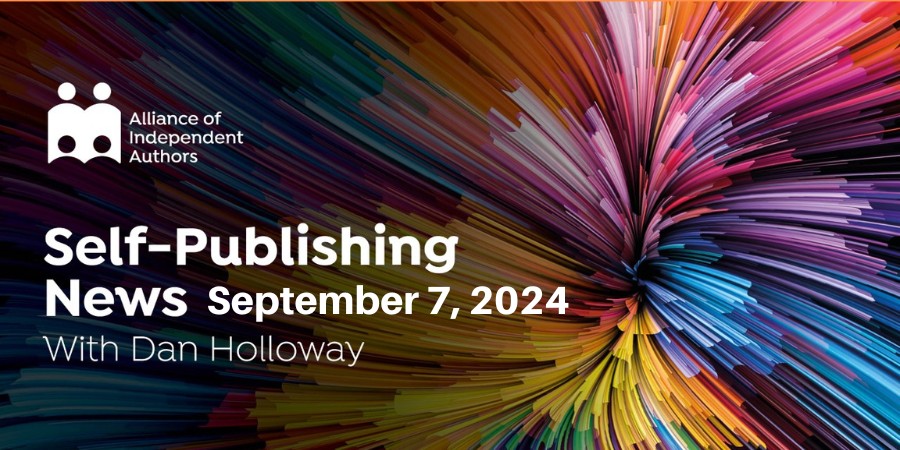I often find myself wondering, “Where did all the time go?” It feels like just yesterday I was blogging about the introduction of Kindle. So, the announcement that Kindle Unlimited is celebrating its tenth birthday makes me feel old. It also highlights how much self-publishing has become an integral part of the literary landscape. We are here to stay, and there’s no turning back.
A Decade of Earnings and Growth

ALLi News Editor, Dan Holloway
Our collective earnings during that time have totaled $3.5 billion. That in itself is interesting, as the totals now are well in excess of $600 million per year—an indication of above-inflation rises in the total pot, even if the per-page income has stayed relatively stable over the course of the decade. According to reports marking the tenth anniversary of Kindle Unlimited, the program has evolved significantly but still faces challenges.
Kindle Unlimited has not been without its critics or problems, of course, and any reflection needs to take this into account. In its early days, many indie authors who had been making decent earnings from the 70 percent royalty rates on their books found their earnings took a bit of a tumble as some readers switched from buying to borrowing. Those criticisms have become far less vocal as the scheme has found its place in the ecosystem.
Challenges with Fraud and Gaming the System
Far trickier has been the succession of attempts to game the system. For a while, content stuffing and table of content deception led to authors being denied their rightful share of the pot as fraudsters filled books with a thousand pages of nonsense and had readers click through to the end with misleading content links, meaning a full book read was registered. As scammers have become more sophisticated, click farms have proliferated, with fake accounts “reading” books in their thousands. As is inevitable in any fixed pot system, such frauds mean less money for legitimate authors.
For all the criticism it has faced, Amazon takes these issues very seriously, and many of the terms and conditions changes in the past decade—around reviews, account verification, and tables of contents—have been driven by the desire to reduce fraud.
Who knows what the next ten years will hold in specific terms? But I would be surprised if I’m not reporting on a twentieth anniversary. I would be equally surprised if authorial grumbles and fraud stories hadn’t sounded in the intervening years, while being largely overshadowed by happy readers and a way for indies to make consistent income from our work.




